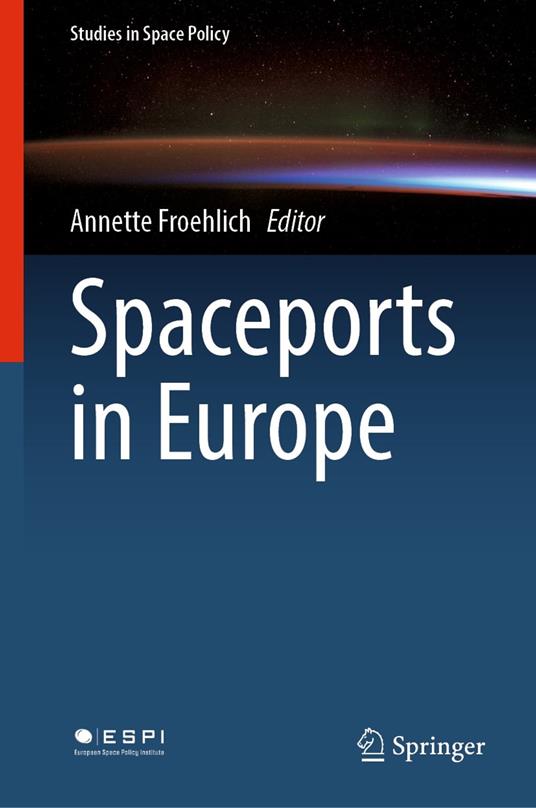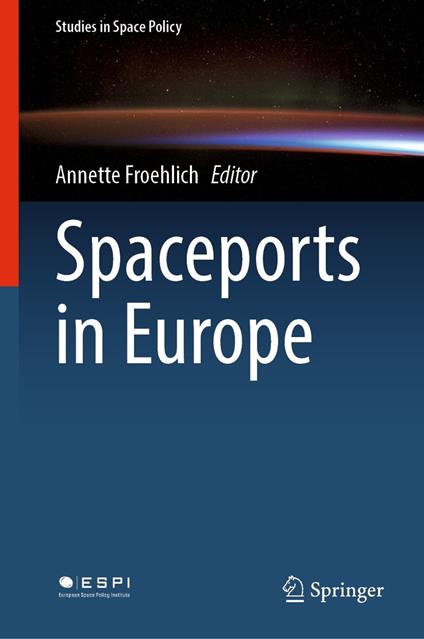Spaceports in Europe
This book explores how Europe is seeking to enlarge its launching capacities by building additional spaceports on the European continent. Various national initiatives are envisaged resulting in a “space race” in the field of constructing spaceports and building micro launchers. However, right from the beginning when choosing the launch site (land or sea based-rocket launches) there are various factors relating to international space law, European regulations and national rules that must be considered, as spaceports are rarely explicitly addressed in current legal and policy frameworks. While launching sites used to be operated by governments, private commercial initiatives are increasingly entering the field. This paradigm shift must be reflected within regulations relating to various aspects of space liability by enlarging the long-established terms of the United Nations space treaties to accommodate commercial space flights. Questions of permission, supervision and control requirespecial liability regulations to avoid detrimental consequences stemming from the concept of “launching states” in view of the rise of private driven commercial space activities on a global level. Furthermore, not only do environmental aspects need to be thoroughly examined but also the concept of critical infrastructure requires special attention from a security perspective to anticipate, inter alia, cyber-attacks. For these reasons, several European and national regulations may need to be enlarged to apply to the entire space sector, using a harmonized approach that has direct implications for the regulations, programmes, and missions of the European Union and the European Space Agency, bearing in mind that the upcoming spaceports in Europe are an essential asset to substantially boost the European New Space.
-
Curatore:
-
Anno edizione:2021
-
Editore:
-
Formato:
Formato:
Gli eBook venduti da Feltrinelli.it sono in formato ePub e possono essere protetti da Adobe DRM. In caso di download di un file protetto da DRM si otterrà un file in formato .acs, (Adobe Content Server Message), che dovrà essere aperto tramite Adobe Digital Editions e autorizzato tramite un account Adobe, prima di poter essere letto su pc o trasferito su dispositivi compatibili.
Cloud:
Gli eBook venduti da Feltrinelli.it sono sincronizzati automaticamente su tutti i client di lettura Kobo successivamente all’acquisto. Grazie al Cloud Kobo i progressi di lettura, le note, le evidenziazioni vengono salvati e sincronizzati automaticamente su tutti i dispositivi e le APP di lettura Kobo utilizzati per la lettura.
Clicca qui per sapere come scaricare gli ebook utilizzando un pc con sistema operativo Windows



